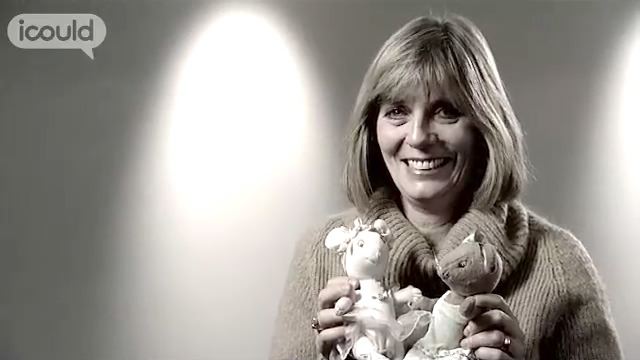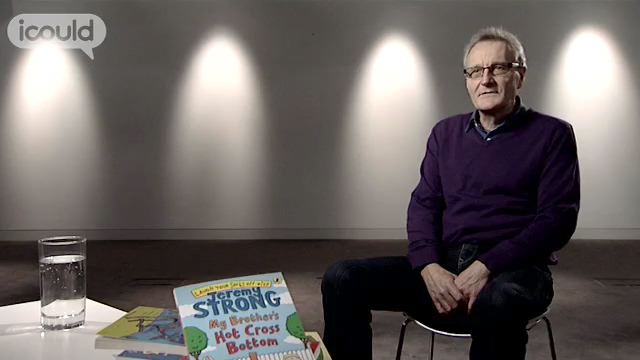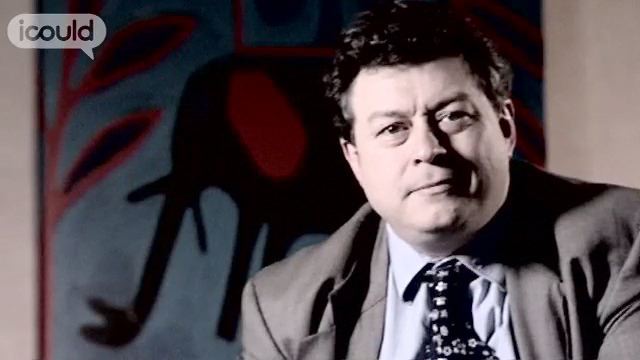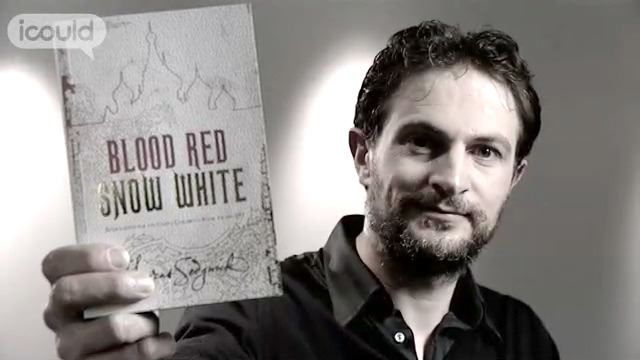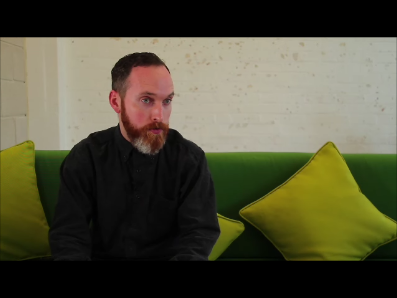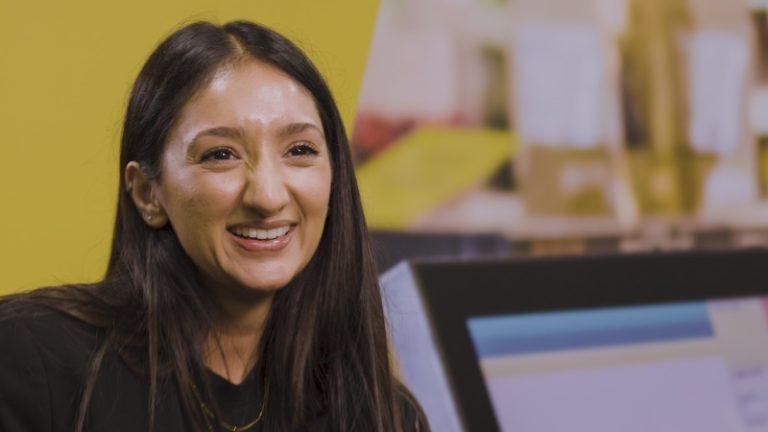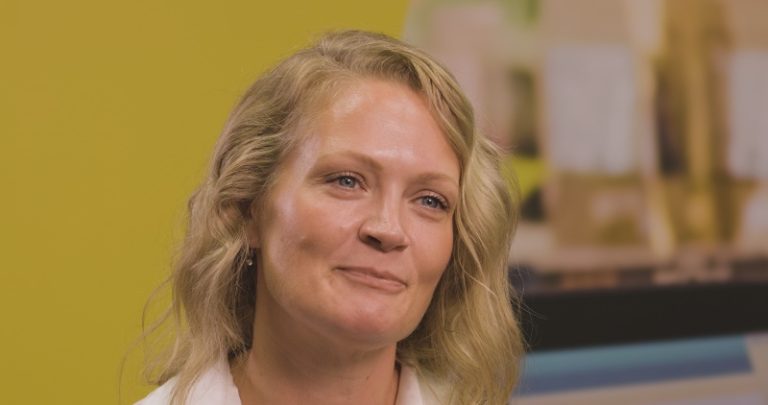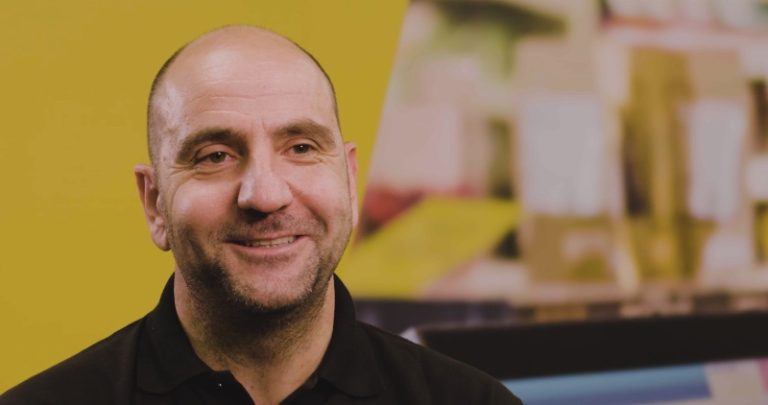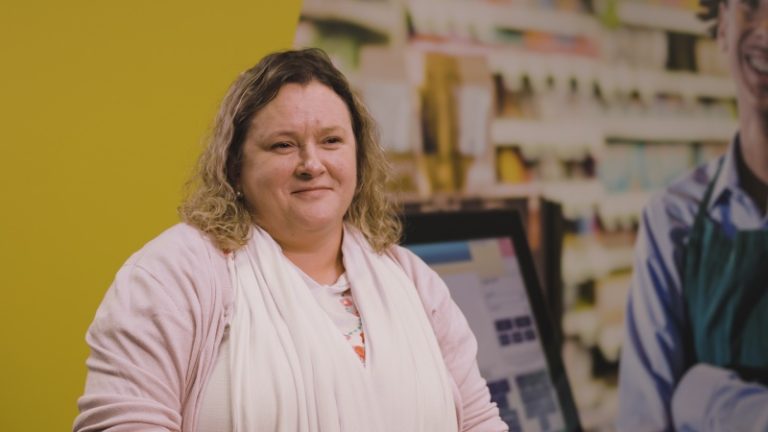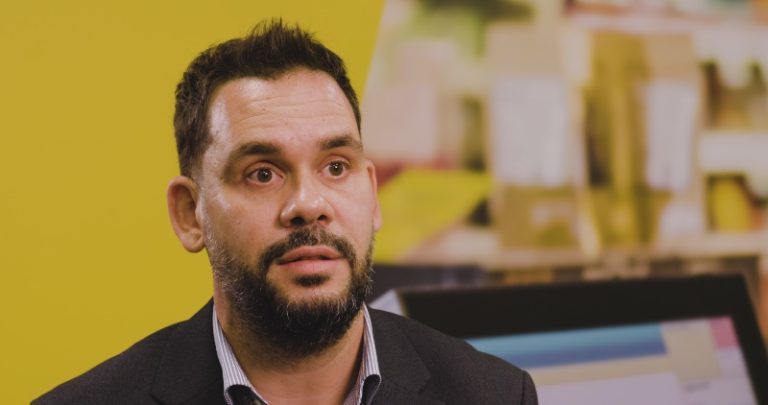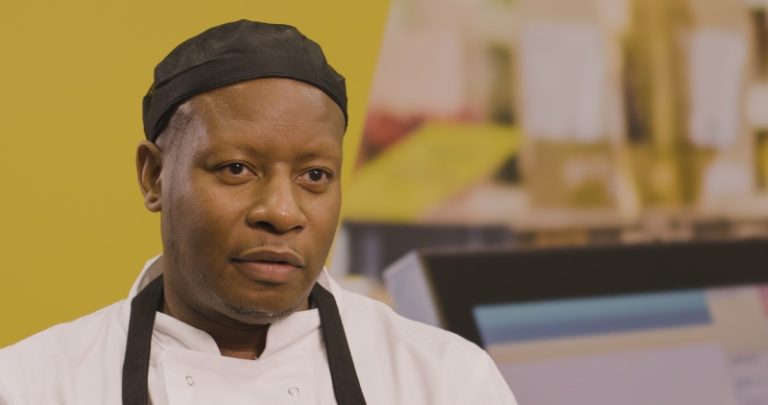Senior Copywriter
Poke London
info Issues viewing the video?
|
|
JAMES N |
|
00:02 |
My name’s James and my job role is senior creative writer at Poke. |
|
00:08 |
Well that kind of covers everything from concepts and creative work, through to writing everything for the websites and social and odd bits like that really. |
|
00:20 |
Yeah, you work in a lot of different styles from, you know, you might be working on a big fashion client like Ted Baker, who’s got a very distinct British tone, to some brands which are working in lots of different continents, so you want to keep it nice and simple and straight and so yeah, picking up those different tones and different ways of working is really important. |
|
00:40 |
I think, even going back to school, it was English and art were those two subjects which seemed most relevant to me and then I realised that I could bring those two things into a career. So yeah, writing’s always been a part of it and when you start in a team, you’re often, you know, copywriter or art director and I straight away felt that the copywriting was the way to go, so writing was straight away always the important part. |
|
01:11 |
After school it was a very kind of typical route for someone trying to get into advertising. I took a degree course at Central Lancashire and they’ve got a very good advertising course so that’s a three year course straight from school and then after that the placement hump, looking for work, trying to get that experience, so yeah it was quite a traditional advertising route, yeah. |
|
01:37 |
When I left university it was an economic slump, it was a difficult time. So it was quite difficult to land that first job, you know, it was one and a half years of doing placements, trying to get in the door, getting as many connections as possible and just trying to build up that portfolio work as well. |
|
01:59 |
I got my first job in Leeds actually. I think, you know, there’s brilliant agencies up and down the country and obviously it can get very London-centric but there’s great places all over, you know, there’s pockets in Manchester, Leeds, Birmingham, Liverpool, all over and I mean it’s really important to look beyond just Liverpool, just London, sorry, to see what else is out there as well. |
|
02:24 |
By this time I’ve been doing, working in different parts of this industry for about ten years now and so in five years’ time, you know, it’d be great to be a creative director at an agency or, if you look at people around here, you know, you might even own your own agency, but it’s difficult to tell. |
|
02:44 |
There’s lots of different routes in these days. University is obviously one way of doing it but, or you can look at other ways, you know, going straight in to try and get placements and stuff, but regardless of your training, I think the one important thing, trying to get into the industry, is getting a portfolio of work together. So just working on that portfolio which, there are lots of evening courses and places you can work on but if you’re going to get into the industry, you just need to have a book that you can show someone of your work and your thinking, just to show what you can do and the potential. It doesn’t have to be finished, people can work with you and try and improve that but just the beginning to show what you’re about. |
|
03:26 |
Well the copywriting and creative side as a career is actually one of those weird things which I know most people feel really useless, but when you’ve filled out a form and it came back with a computer generated comment saying which industry you should go into and often, you know, somebody’d want to be a footballer and it’d come back saying they should work in IT or they want to do this and it tells them they should be a shop assistant and weirdly it actually came up with advertising and I was probably 13 or 14 and I mean ever since then I always had an interest in it and wondered if that could be something I could get into and so I found out more about it. |
|
04:07 |
Found out that actually someone in the family who worked as an art worker, so did a role with agencies, found out more about it and found that that could be something I actually wanted to do, so yeah, one of those useless things that was actually quite useful. |
|
04:22 |
The RNLI wanted to connect with a new, younger audience, so the SaveWave campaign, we basically, we didn’t want their donations of money, we wanted them to donate their social feed, so for one month they gave us their Twitter feed and each week we sent out the latest RNLI rescues to all of their followers, just once a week. So each time we did that, thousands of new people saw for the first time what the RNLI did. |
|
04:54 |
Every time a project doesn’t quite work out, you have a low of about half a second and then hopefully a new brief comes on and is a fresh bit of paper and you can start again and that’s the nice thing about it, that there’s always the next project and so whatever the low of something not working out, there’s always the potential to make the next thing the best thing you’ve ever done and that’s the way you’ve always got to look at it really, I think. |
|
05:17 |
End of James N |
English and Art were James’ favourite subjects at school. On the advice of his school career adviser, he decided to pursue a career in copywriting and took a degree course in copywriting in central Lancashire and really enjoyed moving away from his home in London. He is the first person in his family to go to university.
More information about Authors, writers and translators
Data powered by LMI For All
£37,440
average salary
The UK average salary is £29,813
33
average weekly hoursThere are 37.5 hours in the average working week
38%
male
62%
female
The UK workforce is 47% female and 53% male
Future employment
Future employment
Description
Authors, writers and translators write, edit and evaluate literary material for publication excluding material for newspapers, magazines and other periodicals but including scripts and narrative for film, TV, radio and computer games and animations; and translate spoken and written statements into different languages.
Qualifications
Entry is possible with a variety of academic qualifications and/or relevant experience. Postgraduate and professional qualifications are available and are required for some occupations.
Tasks
- Determines subject matter and researches as necessary by interviewing, attending public events, seeking out records, observing etc.
- Generates and develops creative ideas for literary material
- Selects material for publication, checks style, grammar and accuracy of content, arranges for any necessary revisions and checks proof copies before printing
- Negotiates contracts with freelance agents and with buyer on behalf of writer
- Writes instruction manuals and user guides, technical reports, catalogues and indexes, prepares sales literature and writes technical articles for trade journals
- Converts documents or spoken statements from original or source language into another language
- Provides communication support for the hard of hearing or the visually impaired
Employment by region
Top 10 industries for this job
Libraries, etc
22236
Publishing activities
19286
Office admin.
18209
Legal & accounting
14409
Membership organisations
10597
Head offices, etc
10028
Advertising, etc
3894
Arts & entertainment
3285
Public admin. & defence
2478
Other personal service
1881
Employment status
Related career stories
⇦
⇨
